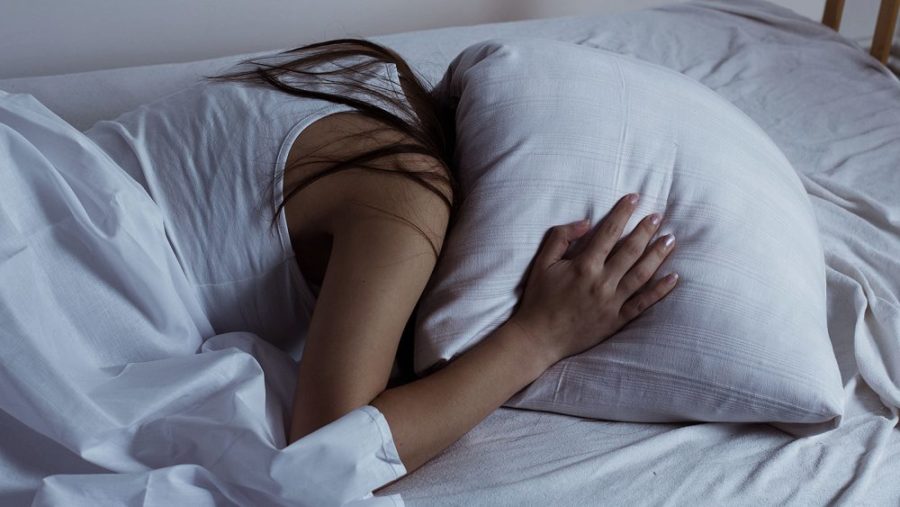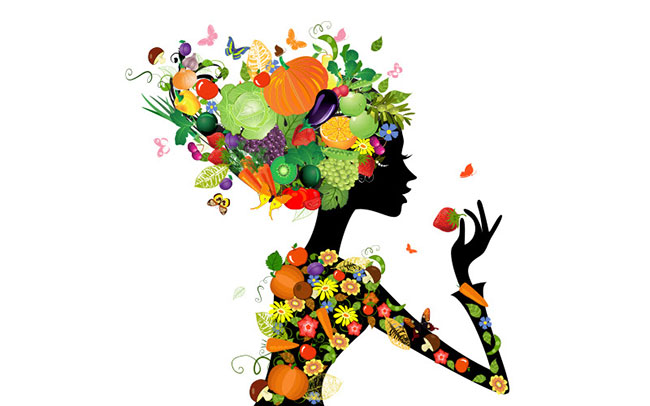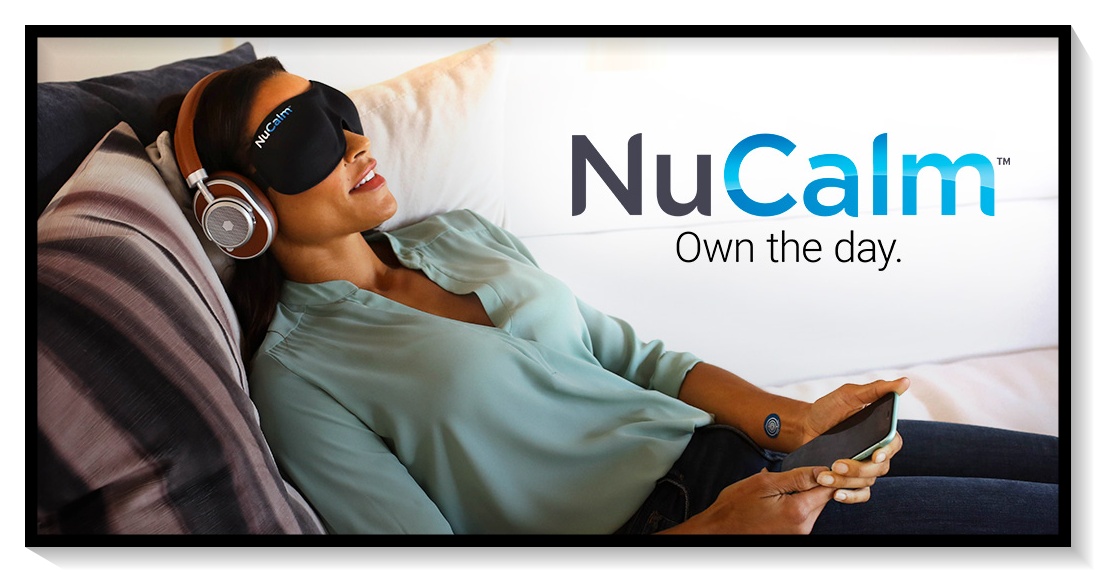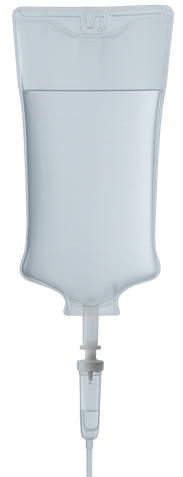Insomnia is a common psychological consequence of trauma and, these types of thougths could be causing your sleep issues.
Even before COVID-19 penetrated the US seven months ago, chronic sleep conditions were on the rise. Pharmmaceutical countermeasures often come with their own risks and setbacks, which is why so many medical professionals elect mindfulness as a way to mitigate sleepless nights.
Insomnia symptomatology is wide-ranging and dependent on many different underlying causes. Mental unwellness might be the most prominent among these.
According to a new study, published in the Journal of Sleep Research an optimistic disposition facilities both longevity and quality sleep.
“Attitudes and expectations of people towards their lives are essential to future health outcomes. Growing evidence has linked dispositional optimism to beneficial health outcomes, such as exceptional longevity, healthy aging and better sleep quality,” the research team from the Medical University of Vienna’s Division of Epidemiology reports. “Promoting dispositional optimism could represent a simple and accessible strategy to improve sleep quality and lower insomnia risk, with downstream beneficial health effects. Further research is needed to clarify the prevention potential of interventions targeting this mental trait.”
The authors arrived at their results after analyzing data gathered in 2017 via an online survey about sleep health, work-life balance, and habits participants practiced before bed.
Among the 1,004 Austrians featured in the report, the probability of suffering from sleep disorders and/or insomnia was roughly 70% lower among optimistic participants than it was among pessimistic respondents.
“Results were similar for all four definitions of insomnia and differed slightly between men and women. Happiness, depression, and health status confounded the association, whereas lifestyle did not,” the authors continued.
Participants who not only evidenced a buoyant outlook but employed mindfulness exercises enjoy the most positive outcomes of all the outcomes observed in the study.
Previously conducted research has shown that positive affect poses major changes to adaptive behaviors and cognitive responses linked with greater flexibility, problem-solving capacity and an efficient elaboration of negative information.
The outlook can be defined as one of two ways.
Dispositional optimism denotes positive expectations for one’s future, while explanatory style refers to one’s ability to process and administer bad news. Each has been associated with advantageous effects on hypertension, blood pressure, weight, circulation, cognition, and quality  sleep.
sleep.
Although the results were robust, the researchers behind the new report were unable to identify the exact mechanism informing the correlation.
The Best Positive Self Method, which is an exercise wherein subscribers take time out of their day to envision a world wherein all of their aspirations have been realized, yielded an undeniable boost to sufficient rest.
Experts recommend toddlers receive ten to thirteen hours of sleep per day, adolescence receive nine to eleven hours of sleep per day, teens receive eight to ten hours a day and adults receive between seven to nine hours of sleep per day.
“Happiness, depression and a good health status confounded the effect in our study, with happiness accounting for much of the lower odds of insomnia among highly optimistic individuals. Optimism most likely acts on insomnia symptoms through a combination of psychological, behavioral and biological pathways. The Broaden‐and‐Build Theory proposes that positive emotions, which are associated with optimism, enhance physical‐, intellectual‐ and social resources through the broadening of the action‐thought repertoire,” the authors conclude.
Unequivically, allowing our bodies to rest and recharge has influence not only our mental well being, but our physical health as well. Proper rest allows us to reach the place of regeneration. Proper nutrition, supplmentation and balanced hormones, can also play a role. Call LotusRain @ 619.239-LIFE (5433) or click HERE to schedule an appointment and learn more.
*Curated content/Souce








